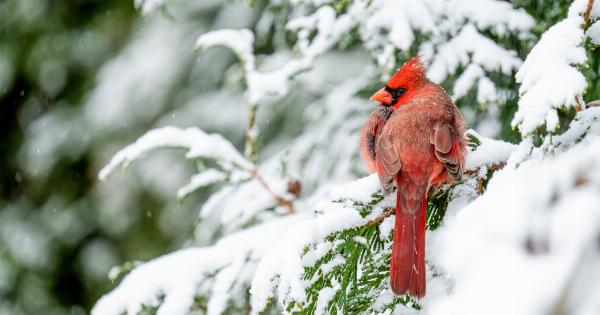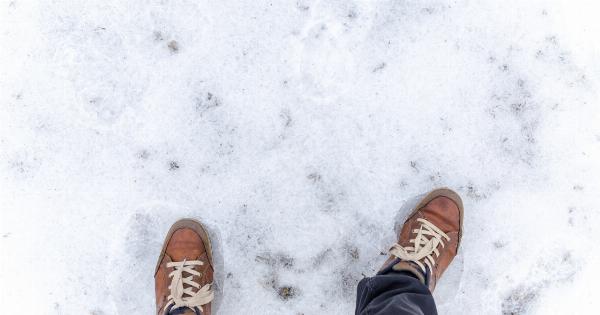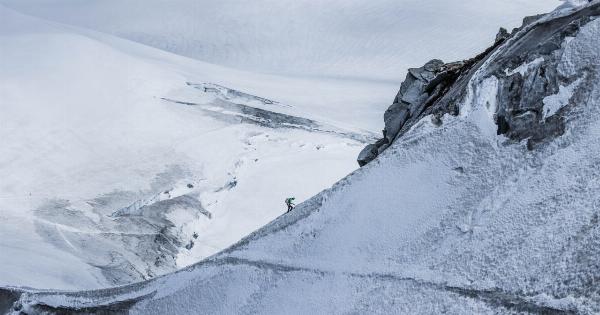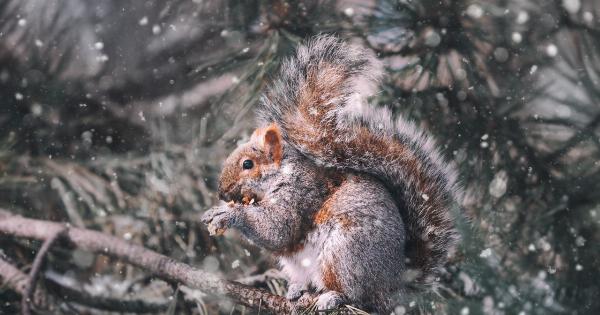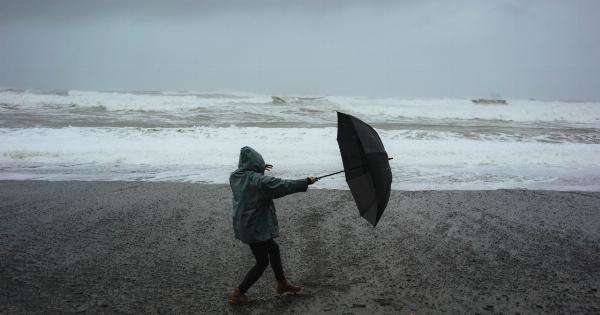When the weather starts to get cold, many people find themselves feeling hungrier than usual. This is a common phenomenon known as winter hunger, and there are scientific reasons behind it.
In this article, we will explore the science behind winter hunger, including the effects of cold weather, the impact of daylight on appetite, and the role of hormones and metabolism.
The Effects of Cold Weather on Appetite
Cold weather can have a significant impact on our appetite. Studies have shown that when we are exposed to cold temperatures, our body uses more energy to keep us warm.
This process, called thermogenesis, can increase our metabolism and make us feel hungry.
Additionally, when we are cold, our body releases a hormone called ghrelin, which is responsible for stimulating hunger. Ghrelin levels increase when we are fasting, and they also rise when our body temperature drops.
This explains why we may feel hungrier in the winter months, as our bodies work harder to maintain normal body temperature.
But it’s important to note that this effect can vary from person to person, depending on factors such as age, sex, and overall health.
The Impact of Daylight on Appetite
Another factor that can affect our appetite in the winter is the amount of daylight we receive. During the winter months, the days are shorter, and there is less natural light.
This can have a negative impact on our mood and energy levels, which can in turn affect our appetite.
Research has shown that exposure to natural light can help regulate our circadian rhythms, which are responsible for regulating our sleep patterns, hormone levels, and metabolism.
When our circadian rhythms are disrupted, it can lead to changes in appetite and food cravings.
Additionally, some studies have suggested that decreased exposure to sunlight during the winter months can lead to a decrease in the production of serotonin, a neurotransmitter that affects mood and appetite.
Low levels of serotonin have been associated with depression and an increase in carbohydrate cravings.
The Role of Hormones and Metabolism
Finally, hormones and metabolism play a significant role in winter hunger. As previously mentioned, the hormone ghrelin can stimulate hunger during cold weather.
But other hormones, such as leptin and cortisol, can also impact our appetite and energy levels.
Leptin is a hormone that is responsible for regulating our fat stores and appetite. When we have sufficient levels of leptin, we feel full and satisfied.
However, when we are exposed to cold temperatures, our body may produce less leptin, which can lead to increased hunger and food cravings.
Cortisol is a hormone that is released in response to stress. It helps regulate our metabolism and energy levels. However, when cortisol levels are chronically high, it can lead to an increase in appetite and a preference for high-fat, high-sugar foods.
Tips for Managing Winter Hunger
If you find yourself feeling hungrier than usual during the winter months, here are some tips to help manage winter hunger:.
- Eat nutrient-dense foods that provide long-lasting energy, such as whole grains, lean protein, and healthy fats.
- Try to get regular exercise, which can help boost your metabolism and regulate your appetite.
- Get plenty of natural sunlight, or consider using a light therapy lamp if you live in an area with limited daylight.
- Stay hydrated by drinking plenty of water and avoiding sugary drinks.
- Manage stress levels with techniques like meditation or yoga, which can help regulate cortisol levels.
Conclusion
Winter hunger is a common phenomenon that is influenced by a number of factors, including cold weather, daylight, hormones, and metabolism.
By understanding the science behind winter hunger, we can take steps to manage our appetite and maintain a healthy diet throughout the winter months.









